This article is written by blogger Lash. This is very important for travelling outside own country.....
I’ve been traveling more or less continuously since 1998. During these 14 years I’ve been regularly moving between different countries, each with their own currency. Each time I arrive in another country I need to get local cash as quickly as possible so I can function- to get transport from the airport or station, eat, get a room, and so on.
When I first started traveling internationally back in the 1980s, I used to exchange my money at US banks into my destination country’s currency before leaving on my trips. That was handy because I already had local currency when I arrived.
Since then I’ve learned quite a lot about exchanging money! Nowadays, I most definitely recommend against exchanging money in your home country. You’ll get much better rates in the destination country than in the US, Europe or UK. In addition, with the widespread use of ATM machines, it’s generally not necessary to exchange cash anyhow. You can withdraw local currency from the ATM machines after arrival in almost every country in the world.
On the other hand, it’s a good policy to carry some cash in a major currency for times when you can’t withdraw money from an ATM. As I noted in my post Back-up Plans for Accessing Money When ATMs Problems Strike a lot can go wrong with ATM withdrawals.
Here are my tips, amassed over more than 20 years of international travel, for exchanging money into local currency.
Pre-trip preparations:
1. Before you head to a new country, become familiar with their currency, particularly the current exchange rates. You can easily find that information online at various websites. My favorite is Yahoo’s finance pages, which have a currency exchange page. You just plug in the two currencies you want to check and their table gives the prevailing rates.
2. Figure out how much local currency you’ll need upon arrive to get started.
3. As I mentioned above, I personally recommend against exchanging money in your home country, where exchange rates for foreign currencies are generally quite bad and banks charge fees on top of poor rates. UK is the worst I’ve come across in my travels. UK exchange booths and banks give absolutely horrible rates with high fees on top. You’ll get much better rates after you arrive in your destination country, whether it’s through an ATM or cash exchange.
4. Before leaving for your trip, get some cash in $US, € or £ British at a bank. Make sure you get clean, crisp new bills since some exchange shops overseas are picky about which bills they will take. Make sure the bills are not creased or crumpled and have no rips, tears, tape, or writing on them. Get a variety of denominations to use in different situations. I usually get a mix of 100, 50, 20, 10 and 5 bills. I might need to just exchange a small amount of money at some point, for example upon arrival at an airport, during an airport lay-over or just before leaving a country.
5. I also generally advise against traveler’s checks. They might have been very useful back in the days before ATM machines, but even then they had their drawbacks. Basically, they cost a lot more than using cash or ATMs. First off, you have to buy them. Secondly, when you exchange them for local currency, you’ll get a worse rate than you would for cash. So you’ve already lost money at both ends. On top of that, you can only use them in major cities, tourist destinations, and banks. Forget about trying to use them in small towns, rural areas and off-the-track destinations.
The advantage of traveler’s checks, in fact the whole purpose of them, is that if they are lost or stolen you can get back your money. They’re a kind of cash insurance. However, getting your money back is a long drawn-out process. You wont’ be reimbursed immediately, which in turn, doesn’t help you at the moment they’re lost, while you’re traveling.
Arrival:
Upon arrival in a new country you’ll need some local currency before you can do anything at all. You’ll need local cash for transportation from the airport or station, to eat, to get a room, and any other miscellaneous things you might need to purchase.
I generally follow one of two strategies for getting local cash when I arrive in a new country.
1. If I can use an ATM at the airport, I generally withdraw enough cash for one week.
2. If I have to exchange cash into local currency, then I exchange the smallest amount possible at the airport. That’s because airport / station money exchange booths have the absolute worst rates. Get as little as possible then visit another exchange shop once you’re in town.
I exchange just enough for transportation from the airport/station, 1 or 2 meals, and bit extra. Basically, I exchange what I estimate I’ll need until later that day or the following day when I can visit a money exchange shop or ATM.
In the destination country:
Here are tips to keep in mind whenever you have to exchange cash overseas.
1. Be familiar with the current internet exchange rate on a regular basis. Rates do fluctuate from day to day. Use the internet rates as a basis to judge exchange rates you find at money exchange shops and to determine how much local cash to get.
2. ATMs usually give better rates than exchanging cash. If you can use ATMs, do that instead of exchanging cash. I generally use ATMs as much as possible, keeping my spare cash for emergencies or times when I just need a small about of local currency.
3. Use real money changers, not those down back alleys. Be careful of shops that claim to be ‘official exchange shops’ via a sign. Don’t necessarily believe those signs! Check out the shop to determine if it really is an official shop or not. Official exchange shops are located on major streets, in shopping malls, stations and airports. They also usually look ‘official’ – clean and modern with a list of exchange rates displayed on the wall or even a digital sign board.
4. If a shop offers rates better than the current internet rate, stay away! They’ve got some trick or other up their sleeves.
5. Some countries / exchange booths only accept bills that are in excellent condition- no rips, taping, holes, ink. Be sure to get new clean bills from a bank in your home country before leaving on your trip.
6. In some countries, like Indonesia, exchange shops give higher rates for higher denomination US $ bills and lower rates for smaller denominations. Ie $100 US bills will get a better rate than $10 and $20 bills. I’ve only experienced this in Asia in Indonesia, but perhaps other countries are the same.
7. You cannot exchange coins, only bills.
8. You’ll find the best rates at exchange booths / shops in major cities and tourist destinations. Try to exchange money there and be sure to get enough to cover you while traveling in rural / off-track areas. If you run out in a rural area, you’ll end up paying more to exchange money later.
9. You’ll find worse rates in small towns, on islands, at resorts and hotels, and in upscale shopping malls
10. Each country has different policies about where you can exchange money. In some countries, you can only exchange money in major banks. Other countries have privately owned money exchange shops. Some countries also have ‘black market’ exchange options, whereby locals exchange money UN-officially. In countries where it’s possible to exchange money either at banks or exchange shops, generally the exchange shops offer better rates. But it’s worth checking since sometimes banks offer equal rates. You can usually find out this information from major guidebooks like Lonely Planet.
Country specific information:
- Thailand. Exchange money at banks.
- Malaysia has many exchange booths in places with large numbers of travelers – KL, Penang, Langkawi. In KL the best exchange booths are in Chinatown, Little India and minor shopping malls. Be sure to shop around since rates vary remarkably from shop to shop! Exchange booths at KL’s Sentral Station and major upscale shopping malls like KLCC have worse rates. Banks also have poor rates.
- Singapore also has many exchange shops in Little India, Chinatown and along Orchard Road. The exchange booths in Little India offer excellent rates, close to internet rates. They’re located inside small shops along Little India’s main streets. Banks have poor rates.
- Bali, Indonesia. Be sure to use real official money changers in Bali! You’ll get the best rates in Sanur and the Kuta-Legian-Seminyak sprawls. Shops are located on the major roads. Banks have poor rates.
- Laos. At the time I visited, it was only possible to exchange money at major banks in Laos’ major towns and cities, particularly Vientianne and Luang Prabang.
- Myanmar. At the time I visited the only place to officially exchange money was at major banks. Howver the rates were terrible. Black market exchange could be found in local markets that sold art, handicrafts and souvenirs to travelers. It was easy to find them and the rates were much better. They only accepted $US.
- Cambodia - Dollar is the defacto currency.You dont need to change local currency.(My note)
- Cambodia - Dollar is the defacto currency.You dont need to change local currency.(My note)
- England, Europe and USA have much worse rates. Better to take your UK £, € or $US overseas and exchange it there
http://www.lashworldtour.com/2012/11/travel-tips-exchange-money-local-currencies.html#comment-4551
http://www.lashworldtour.com/2012/11/travel-tips-exchange-money-local-currencies.html#comment-4551

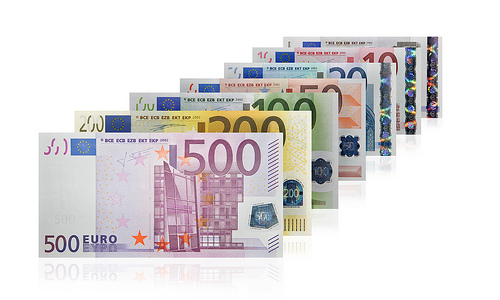
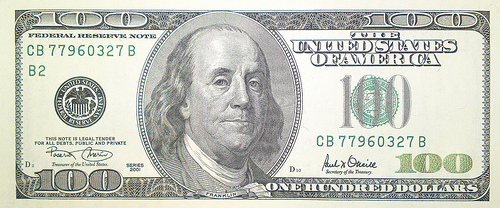
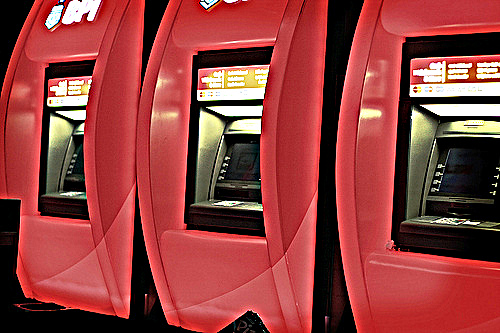
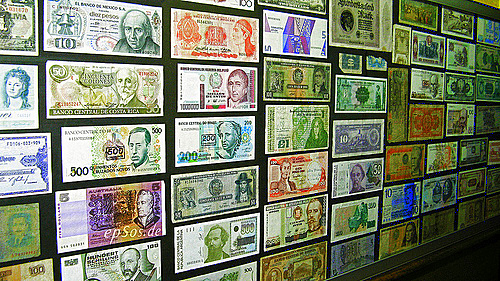
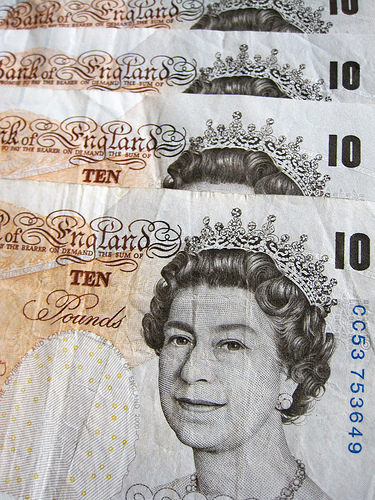
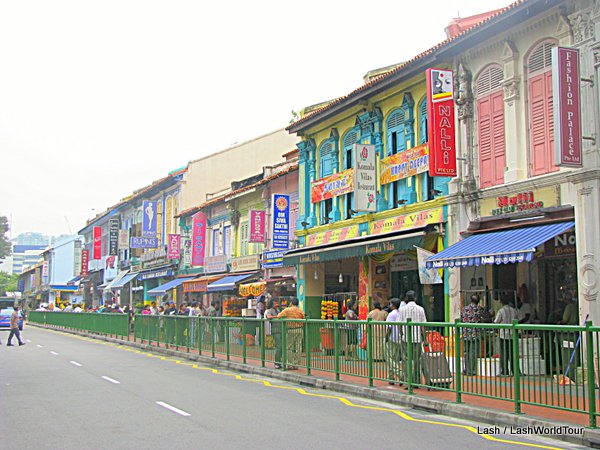
28 comments:
I really appreciate your work which you have done here by posting such informative post about travel tips. I got some great knowledge from this post. Keep it up. top things to do in langkawi.
You have a genuine capacity to compose a substance that is useful for us. You have shared an amazing post about Andaman Family Tour Packages thanks for sharing this blog with us.
Your blog is very valuable which you have shared here about Valley Of Flowers Luxury Tour Package I appreciate the efforts which you have put into this blog and also it is a gainful blog for us. Thank you for sharing this here.
Clearly, It is an engaging blog for us that you have provided here related to Best Time To Visit Malawi This is a great resource to enhance our knowledge about it. Thank you.
Very well written article. It was an awesome article to read. about disney land paris holiday Complete rich content and fully informative. I totally Loved it.
ok
Since those corporations are prepared with distinctly professional and educated employees, they could higher deal with your queries and offer you an easy method for all of your touring needs. Benefits usually include the years of revel in of those marketers and making sure you fast approaches to system your application.
Keep a share a amazing infromation.
Great infomration i like it
The article really resonated with me on a personal level because it touched on my heart. It's refreshing to see someone tackle this topic in such a thoughtful and nuanced way. Thank you for sparking such a valuable discussion. Valley of Flowers from Delhi
After seeing your blog I realized you shared the informative things. That's why I would like to read your article carefully after enjoying bus tours in nyc.
It is a amazing .
Great amazing blog i like it.
Great article! Thanks for sharing these useful tips on exchanging currency while traveling. I especially liked the advice about avoiding airport exchange counters and using ATMs for better rates. This will definitely help me plan smarter for my next trip!
This is a fantastic blog for anyone considering the 5 days Golden Triangle tour in India. It captures the essence of Delhi, Agra, and Jaipur beautifully, offering a great mix of history, culture, and local charm. The way you’ve outlined the itinerary and provided practical tips really helps first-time travellers feel more confident about their journey. Your descriptions of the key attractions and suggestions for making the most of each stop are both informative and engaging. A very helpful guide for a truly memorable Indian travel experience!
Absolutely love this post! Your travel tips for currency exchange are so practical and easy to follow. The strategies shared here feel tried-and-true, helping avoid costly fees and confusion abroad. Thanks for such a helpful and well-written guide—makes prepping for a trip so much smoother!
Great amazing blog i like it.
Great insights! Traveling can be overwhelming with so many choices, but your post makes it simpler. I’m currently searching for the best Thailand Tour Package from India, one that offers good itineraries and affordable prices. This post definitely gave me some direction!
Good Job
Traveling opens the mind to new cultures and experiences. This post beautifully captures the joy of exploring hidden gems and making unforgettable memories along the way!Read more info about Airport Transportation Service Valencia
Excellent post. I really enjoy reading and also appreciate your work.Tornado Storm Chasing This concept is a good way to enhance knowledge. Keep sharing this kind of articles, Thank you.
Great insight! Exchanging money abroad truly offers better value, and keeping backup cash is a smart move while traveling. Tips like these make every trip smoother. For hassle-free planning, the Best travel agency in India can make journeys even easier.
Πρέπει απλώς να πω ότι αυτό είναι ένα πολύ καλά τεκμηριωμένο άρθρο που μοιραστήκατε εδώ σχετικά με τα φούτερ με κουκούλα.παιδικό δωμάτιο επίπλα Είναι ένα ενδιαφέρον και ωφέλιμο άρθρο για εμάς. Συνεχίστε να μοιράζεστε τέτοιου είδους πληροφορίες, σας ευχαριστούμε.
Traveling opens your mind and heart in the best way. I love reading tips that make every journey smoother and more memorable. This post definitely inspires new adventures!Read more info about Private Transfer to Benidorm
It is what I was searching for is really informative.vosges motorcycle tours It is a significant and useful article for us. Thankful to you for sharing an article like this.c
Really enjoyed reading this post. The explanation is clear, engaging, and informative. Looking forward to reading more such well-written content from you.
Mysore Ooty Coorg Tour Package
Mysore Ooty Kodaikanal Tour Package
Ooty Kodaikanal Tour Package
Mysore Ooty Package Tour
Bangalore Mysore Ooty Tour Package
Post a Comment